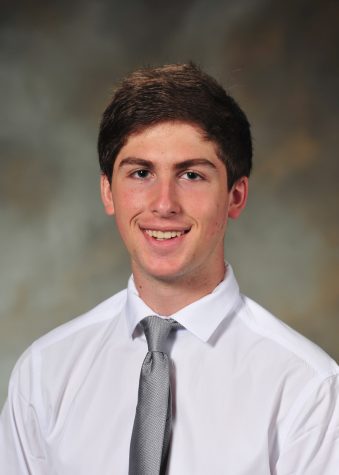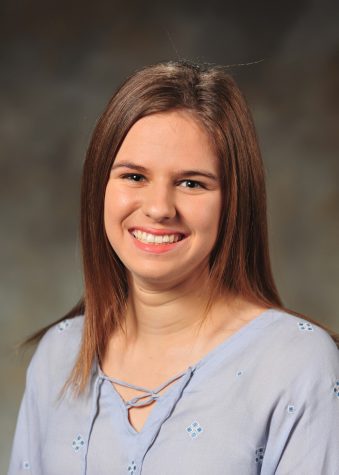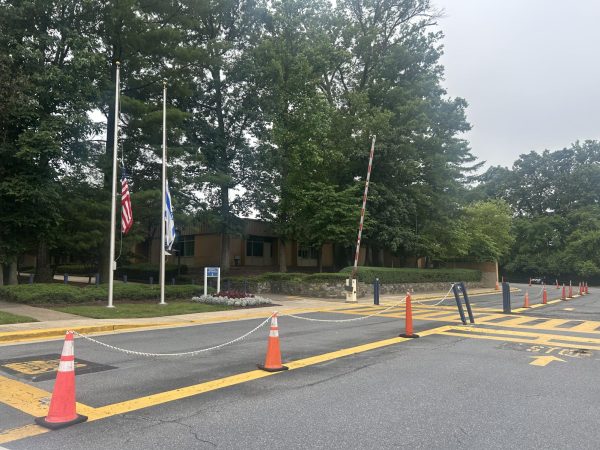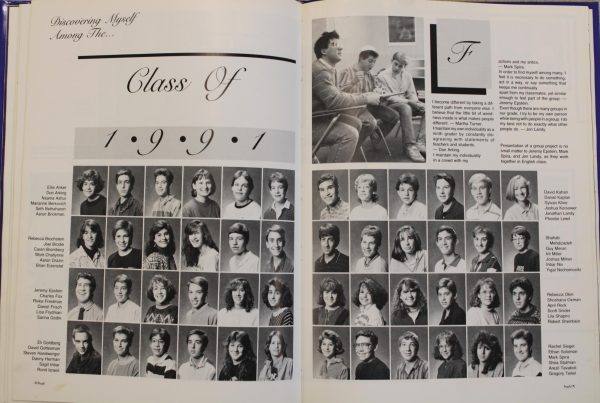Schedule undergoes further revisions following survey
When the second semester begins on Jan. 24, updates to the 2016-2017 schedule will be implemented for both the middle school and the high school.
After CESJDS’ outside consultant Dr. Meredith Woocher evaluated the feedback from the schedule survey that was released in early November, High School Principal and Associate Head of School Dr. Marc Lindner and Middle School Principal Rebecca Weisman worked with Woocher to edit the schedule in response to the community’s reactions. On Dec. 22, Lindner and Weisman released an explanation of next semester’s schedule changes, in addition to a list of the changes they are still working on for the 2017-2018 school year.
For the entire Upper School, Zman Kodesh will be moved to the first period of the day and Kehillah will be reserved for special occasions. The additional high school change is that Community Time will be attached to lunch. Some of the middle school changes include that units within Experience will be lengthened so as to provide further depth, periods six and seven will alternate at the end of the day and there will be an additional Lion Time meeting in the middle of the week.
Many of the critiques that Lindner and Weisman received about the schedule contradicted one another, which made it difficult for them to create a solution that addressed all of the concerns. They saw the wide variety of responses as indicative of how there is no “cookie-cutter” student to whom every aspect of the schedule can be tailored.
“What works for some people doesn’t work for others,” Weisman said. “We have to decide as a school, and by division, what really is going to meet the needs of our students best, how our teachers can best meet those needs, and how we meet our teachers’ needs so that they can ultimately meet students’ needs.”
The decision to switch Zman Kodesh to before first period was a challenging one to make. Lindner and Weisman said that it was necessary for scheduling purposes because having Zman Kodesh at 8 a.m. will create greater schedule flexibility. Both are concerned about a potential decrease in Zman Kodesh attendance, but ultimately think they made the best decision for the students for next semester.
Junior Naomi Flores is in favor of the Zman Kodesh timing change, though for a different reason. Flores is part of the Journaling Drisha Zman Kodesh, and while she enjoys it, she would rather miss Zman Kodesh than her first period class when she comes late to school.
Flores and her two siblings have a long commute to school every day which has been harmful since she has been late to her first period English 11 ADV class on several occasions this semester.
“Sometimes it would be five minutes late, 10 minutes late, and I was getting a lot of grade percentages off,” Flores said. “It wasn’t good for my grade and I was getting really upset with the new schedule.”
Math teacher Victoria Ball recognizes that beginning school with an academic period is challenging for some students, either because they are late or they are not fully attentive first thing in the morning. Ball personally believes, however, that the consistency of the first semester schedule has been “really successful” for her first period class.
Moving Zman Kodesh to the first period of the day will not affect the consistency that Ball appreciates, but it will remove the break in the schedule that Zman Kodesh currently provides, which she sees as an opportunity for her to ¨recharge.” Aside from this modification, Ball does not think that the second semester schedule will feel very different.
One potential change that will not be addressed for the second semester is that some teachers have to teach the same course both in a 50-minute period and a 70-minute period. Ball has this schedule for her sophomore Algebra II class, and she said there was a meeting with Academic Dean Aileen Goldstein, Lindner and other high school teachers with this schedule in order to evaluate whether or not that should be changed for the 2017-2018 school year.
Though no definite conclusion was reached, Ball’s understanding is that the administration recognizes it is a “major challenge” to have the same expectations for two class periods that have very different time structures.
Throughout the second semester, Weisman and Lindner said that they will continue to receive feedback from students and faculty about the schedule. The schedule for next year will likely be finalized before the end of the current school year.
“I appreciate the fact that they are going to make some changes for next semester,” Ball said. “I feel confident that they will continue to be receptive to feedback going into next year so that we can continue to refine this and make it as successful as possible for people.”
additional reporting by contributing editor Rina Torchinsky







